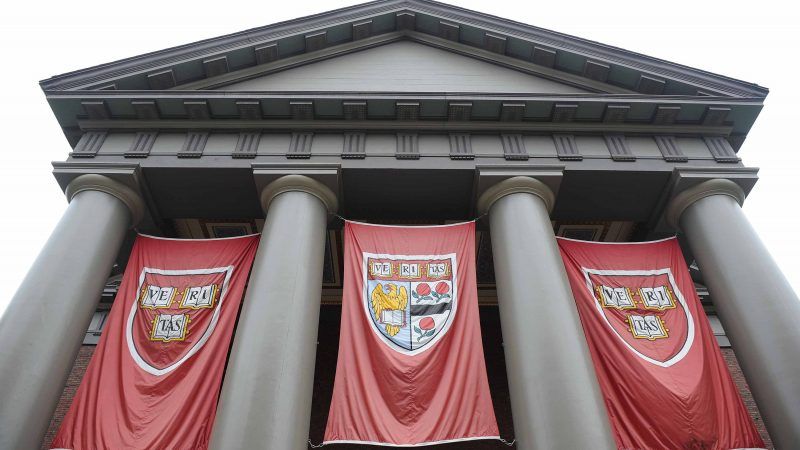
Only half of all Americans are in possession of a positive view of colleges and universities, according to a brand new survey from Pew Research. The number of people who take a negative view has increased from 26 % this year to 38 percent in 2022.
The change largely reflects an increasing dissatisfaction on the right using the culture of school campuses. The proportion of Republicans who see value in advanced schooling has collapsed in recent years, from 53 percent in 2012 to simply 33 percent in 2022.*
According to Pew:
Roughly eight-in-ten Republicans (79%) say professors bringing their political and social views in to the classroom is really a primary reason why the larger education product is headed within the wrong direction (only 17% of Democrats the same). And three-quarters of Republicans (vs. 31% of Democrats) indicate too much concern about protecting students from views they may find offensive like a major reason for his or her views. In addition, Republicans are more inclined than Democrats to say students not receiving the skills they have to flourish in the workplace is really a major reason why the larger education system is headed within the wrong direction (73% vs. 56%).
Democrats who take an adverse view of higher ed are likely to cite rising costs as the issue.
I don't even think \”professors bringer their political and social views into the classroom\” is really a major problem, or perhaps necessarily a bad thing: Professors should feel liberated to express their opinions, even when these opinions are controversial or make some students uncomfortable. Even though the ideological composition of academia is heavily tilted toward progressivism, there's little evidence that progressive professors tend to be biased against non-progressive students.
Those concerns aside, the issues being raised by both Republican and Democratic survey respondents are valid. It's reasonable to question a system that can take young adults out of the workforce in a pivotal amount of time in their lives, saddles them with a lot of debt, obliges them to become familiar with a bunch of things they're prone to forget, provides them delusional ideas about the amount of protection from harmful speech that they're entitled, after which churns out graduates who are overqualified for that jobs they find.
Higher-education leaders need to be aware of the public's concerns. The majority of people-Republicans and Democrats; whites, blacks, Asians, and Hispanics-do not believe race ought to be an issue in admissions decisions, and yet some of the most elite institutional educations in the united states have defiantly maintained this type of practice.
Colleges and universities aren't the sole major institution suffering an emergency of public confidence, obviously: Pew also found that Americans increasingly take a negative view of tech companies, churches, and the media. (Banks and labor unions, however, are having a relative resurgence in popularity.)
\”The partisan gaps underlying these views are reflective in our politics more broadly,\” writes Pew. \”But views on the nation's educational institutions have not traditionally been politicized. Higher education faces a host of challenges in the future-controlling costs amid increased fiscal pressures, making certain graduates are prepared for the jobs for the future, adjusting to changing technology and responding to the nation's changing demographics. Ideological battles waged within the climate and culture on college campuses may make addressing these broader issues more difficult.\”
Pew writes as if these \”ideological\” concerns are entirely unfounded. This seems wrong in my experience. I'll turn again to Harvard, which recently removed legislation professor as faculty dean because some leftist students decided his principled defense of Harvey Weinstein's right to effective a lawyer would make the campus a hazardous place. The ACLU accused Harvard of \”sacrificing principles central to our legislation.\”
Disciplining Sullivan was an extremely bad decision. If it prompted some number of Americans to take an increasingly view of negative higher education-citing concerns that administrators are coddling students and neglecting to prepare them legitimate life-could you really blame them?
Update: This figure continues to be corrected.
